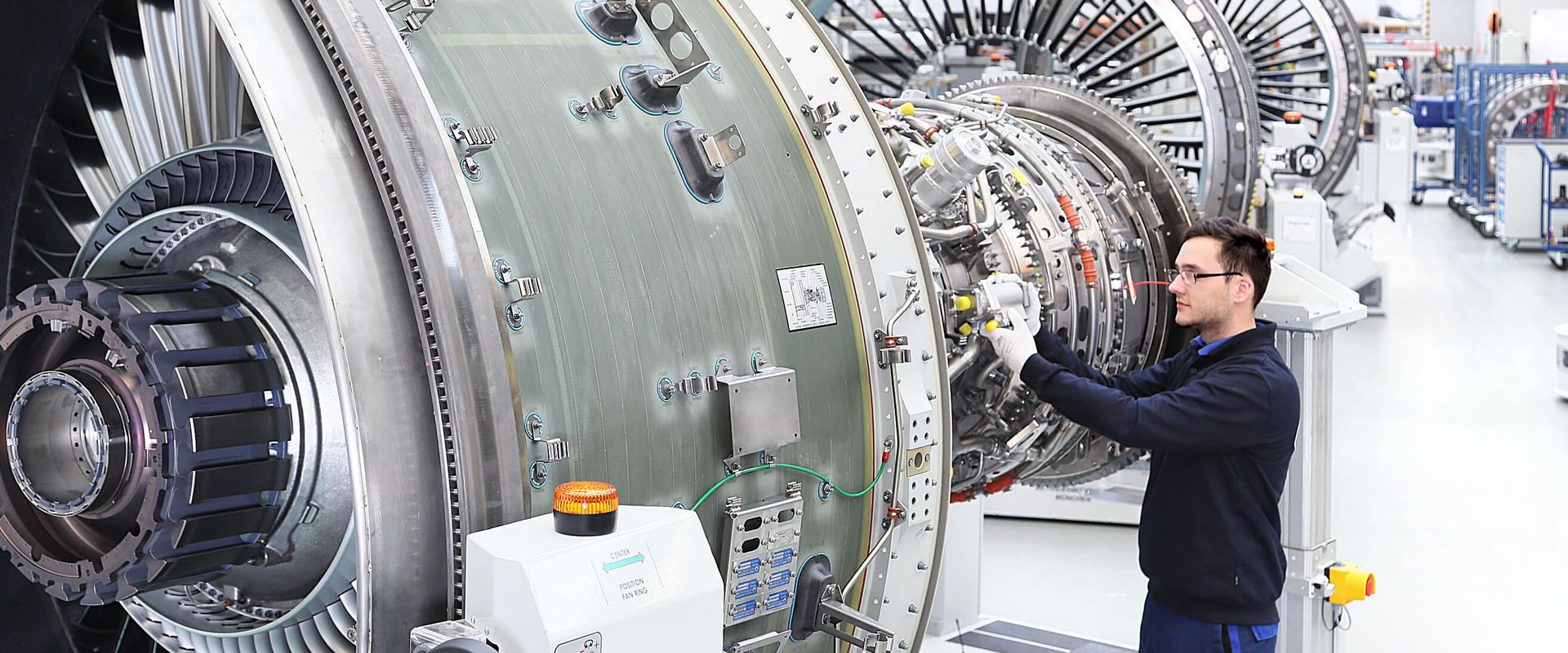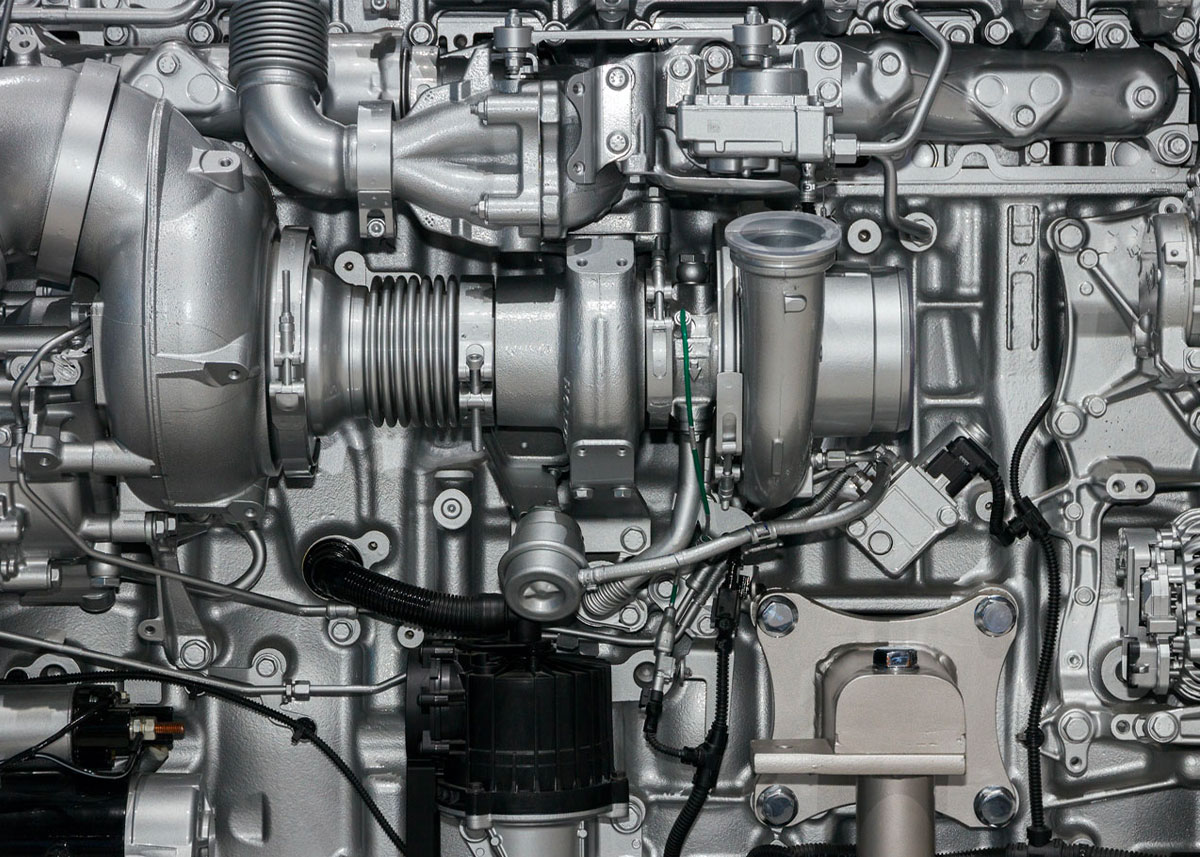Discover Sturdy and Efficient Products from Engines For Africa
Discover Sturdy and Efficient Products from Engines For Africa
Blog Article
Explore a Large Range of Engines for each Lorry and Function
The automotive landscape is progressively complicated, with a varied array of engine types created to meet specific performance and performance requirements throughout different automobile classifications. From the high-performance engines that power sporting activities vehicles to the fuel-efficient options tailored for daily commuting, the choices are vast and varied. Additionally, heavy-duty engines offer the demands of job vehicles, while green choices are getting grip in the quest of sustainable transportation. Understanding these differences is crucial for making informed choices, specifically as arising innovations remain to shape the future of auto design. What effects might these improvements hold for consumers and producers alike?
Kinds Of Automotive Engines
Automotive engines can be classified into numerous unique types, each developed to fulfill certain efficiency and efficiency requirements. The most common groups include internal combustion engines, electric engines, and crossbreed systems.

Electric engines, on the other hand, run on electric power saved in batteries, supplying instant torque and no exhausts. These engines are ending up being increasingly prominent due to improvements in battery technology and the expanding focus on sustainability.
Hybrid systems integrate both inner combustion and electrical engines, enabling automobiles to maximize fuel effectiveness and lower discharges by perfectly changing between power sources. Each engine kind offers its negative aspects and advantages, influencing aspects such as lorry design, meant usage, and market need. When selecting the appropriate engine for their particular requirements., comprehending these distinctions is vital for customers and manufacturers alike.
Performance Engines for Sports Cars
Efficiency engines for cars are specifically engineered to deliver enhanced speed, power, and dexterity, setting them aside from common vehicle engines. These engines usually make use of innovative innovations such as turbocharging, supercharging, and variable valve timing to make best use of performance and responsiveness.
Commonly, efficiency engines are created with higher compression ratios, which enable better energy extraction from gas. This causes excellent horsepower and torque numbers, enabling rapid acceleration and greater full throttle. In addition, the light-weight materials used in these engines, such as light weight aluminum and carbon fiber, add to reduced total automobile weight, enhancing handling and ability to move.
Engine arrangements like V6, V8, and even hybrid systems are common in efficiency sports vehicles, each offering one-of-a-kind benefits in regards to power shipment and driving characteristics. The tuning of these engines is additionally important; many makers optimize the engine monitoring systems to provide an electrifying driving experience, typically consisting of sport settings that adjust throttle action and equipment shifts.
Effective Engines for Daily Commuters
In the world of everyday travelling, efficient engines play a critical function in optimizing fuel economy and lessening exhausts while offering reliable efficiency. As urban populaces expand and environmental problems heighten, the need for vehicles geared up with reliable powertrains has actually surged.
Modern engines made for daily commuters usually include modern technologies such as turbocharging, straight gas shot, and crossbreed systems. Turbocharging improves engine performance forcibly more air right into the combustion chamber, enabling smaller sized, lighter engines that do not jeopardize power result. Direct fuel injection improves fuel atomization, causing far better burning and raised efficiency.
Hybrid engines, combining internal combustion with electric power, further enhance gas economic situation, particularly in stop-and-go traffic, where conventional engines can experience ineffectiveness. Electric electric motors aid throughout velocity and can run individually at reduced rates, lowering total gas intake.
In addition, advancements in engine management systems and light-weight products add substantially to effective engine style. By focusing on performance, resilience, and environmental sustainability, manufacturers proceed to provide engines that not only meet the needs of day-to-day travelling however also align with international initiatives to minimize carbon footprints.
Heavy-Duty Engines for Job Automobiles
Durable engines for work cars are routinely crafted to provide remarkable torque and reliability under demanding conditions. These engines are developed to perform in settings where standard engines may fail, such as building and construction websites, logging operations, and farming settings. The key focus of sturdy engines is their capability to generate high degrees of power while maintaining durability over prolonged periods of procedure.
Generally, sturdy engines use advanced products and durable building strategies to endure the roughness of heavy work. Features such as strengthened cylinder blocks, improved air conditioning systems, and advanced fuel shot technologies add to their effectiveness. These engines commonly operate at reduced RPMs, which aids to optimize gas efficiency while supplying the necessary power for lugging and hauling.
Along with mechanical effectiveness, heavy-duty engines are commonly equipped with advanced digital control devices (ECUs) that manage efficiency, exhausts, and diagnostics. This combination enables far better monitoring click here for info and maintenance, making sure that job vehicles remain operational and effective.
Inevitably, sturdy engines are a vital part in the productivity of different sectors, giving the necessary power and reliability to tackle the toughest of tasks.
Eco-Friendly Engine Options
The growing emphasis on sustainability has resulted in the advancement of green engine alternatives that focus on lowered exhausts and boosted gas performance. These engines are made to minimize the environmental effect of automobiles while still providing the efficiency and integrity anticipated by customers.
Amongst one of the most notable environmentally friendly options are electrical and hybrid engines. Crossbreed engines incorporate typical inner burning engines with electric propulsion, enabling decreased fuel intake and reduced greenhouse gas discharges. Electric engines, on the other hand, operate entirely on battery power, generating absolutely no tailpipe discharges and contributing to cleaner air quality.
Another encouraging growth is the improvement of biofuel engines, which utilize renewable energies, such as plant materials, to power lorries (Engines For Africa). By using biofuels, these engines can reduce reliance on fossil fuels and lower total carbon footprints

As the auto market evolves, green engine choices will certainly play a vital role in driving the change towards even more sustainable transport services.
Verdict
The automobile sector provides a varied range of engines made to satisfy numerous car demands and functions. From high-performance engines that boost sports auto abilities to efficient designs focusing on fuel economy for everyday travelers, each type offers a specific feature. Heavy-duty engines satisfy robust job lorries, while green options, such as electrical and biofuel engines, advertise sustainable transportation. This thorough range guarantees that all driving needs are addressed, contributing to innovations in automobile innovation and ecological stewardship.

Report this page